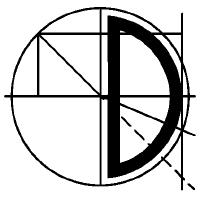On Learning in Collective Self-Adaptive Systems: State of Practice and a 3D Framework
Proceedings of the 14th International Symposium on Software Engineering for Adaptive and Self-Managing Systems, page 13--24. IEEE Press, (May 2019)DOI: 10.1109/SEAMS.2019.00012
Abstract
Collective self-adaptive systems (CSAS) are distributed and interconnected systems composed of multiple agents that can perform complex tasks such as environmental data collection, search and rescue operations, and discovery of natural resources. By providing individual agents with learning capabilities, CSAS can cope with challenges related to distributed sensing and decision-making and operate in uncertain environments. This unique characteristic of CSAS enables the collective to exhibit robust behaviour while achieving system-wide and agent-specific goals. Although learning has been explored in many CSAS applications, selecting suitable learning models and techniques remains a significant challenge that is heavily influenced by expert knowledge. We address this gap by performing a multifaceted analysis of existing CSAS with learning capabilities reported in the literature. Based on this analysis, we introduce a 3D framework that illustrates the learning aspects of CSAS considering the dimensions of autonomy, knowledge access, and behaviour, and facilitates the selection of learning techniques and models. Finally, using example applications from this analysis, we derive open challenges and highlight the need for research on collaborative, resilient and privacy-aware mechanisms for CSAS.




